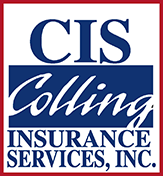To a lot of inquirers, the subject of insurance can seem like a foreign and extremely overwhelming one, especially when there is so much to consider when shopping for a policy. The obvious benefit to owning any kind of insurance is protection. For example, Health insurance covers you in case of medical emergencies, life insurance warrants financial security, homeowners and car insurance safeguards you in the case of property damage and business insurance protects your assets.
The top three things policy shoppers look for when in the market are; annual cost of policy, benefits providing and services the company offers. However, there are a lot more that you should consider before you commit to a company and a policy that you may not be aware of. So, this is when an insurance consultant becomes a valuable resource.
An insurance consultant is a specialist who assists corporations as well as individuals in the area of insurance. It is their job is to make the process of attaining insurance effortless for you. The consultant will pinpoint your exact insurance needs and then creates a coverage plan for you or your business. The specialist will also recommend accredited companies and appropriate policies. He or she will even explain plan benefits and services while also answering any looming questions.
So, to the insurance novice this kind of consultant is indispensable. Insurance consultants can provide their services either virtually or in office. So whether you live in Green Valley Ranch or Glendale you can find a consultant to help you on your journey to policy ownership.




 Email an Agent
Email an Agent


 Click to Call
Click to Call Get Directions
Get Directions